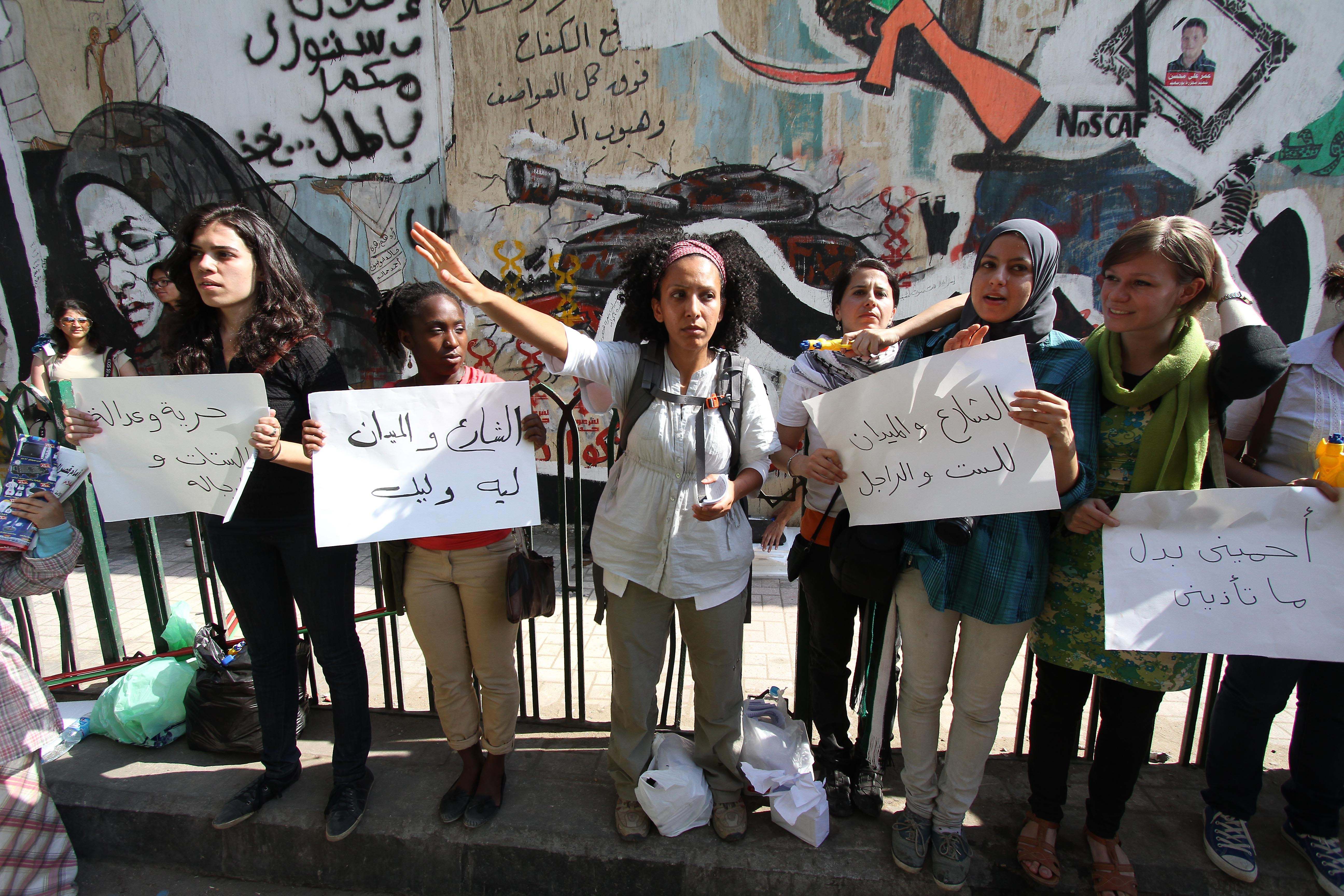BAMAKO: An Al-Qaeda offshoot that claimed the abduction of three Europeans in Algeria is threatening to spread jihad beyond North African deserts and establish a foothold in sub-Saharan West Africa.
Some analysts believe the new group is a black African-led splinter group of the existing Algerian-dominated Al-Qaeda franchise in North Africa and is destined to expand southward.
On December 12, a previously unknown organization calling itself Jamat Tawhid wal Jihad fi Garbi Afriqqiya (Movement for Oneness and Jihad in West Africa – MOJWA) released a video of the abducted aid workers.
The three — who include two women — were taken on October 23 in the western Algerian region of Tindouf from a refugee camp run by the Polisario Front, a group which seeks the independence of Western Sahara from Morocco.
Until MOJWA’s claim, the attack was presumed to have been carried out by Al-Qaeda in the Islamic Maghreb (AQIM) which has claimed a number of other kidnappings this year and has been very active in Niger, Mali, Algeria and Mauritania since 2007.
Until then, Nigeria’s Boko Haram sect was the only other known and active jihadi group in sub-Saharan Africa.
In another video seen by an AFP reporter in which six dark-skinned, turbaned men speak of their ideological references, Al-Qaeda founder Osama bin Laden and Taliban leader Mullah Omar are mentioned but more emphasis is put on historical figures of west African Islam.
"We are the ideological descendants of Ousman Dan Fodio, El Hadj Omar Tall and Amadou Cheikhou, who all fought colonial invaders" from Europe, one of the group’s leaders said in Arabic.
Dan Fodio was the founder of the Sokoto Caliphate in 1809 in what is now northern Nigeria and is also considered a source of inspiration for Boko Haram.
El Hadj Omar Tall was a Senegalese scholar and military leader who created a short-lived empire in the mid-19th century that encompassed most of what are now Guinea, Senegal and Mali.
Amadou Cheikhou founded the Fula Empire in what is now the Mopti region in Mali and ruled for almost three decades in the first half of the 19th century.
"Today, we are inaugurating jihad in West Africa," the militant said in the video before reeling off verses from the Koran.
Speaking English and Hausa — a language spoken in Niger, Nigeria and Burkina Faso, among other countries — other men then came in front of the camera to praise "all the African heroes who fought the settlers" and vowing to fight "to the last man… against the infidels."
In a statement, MOJWA said it had broken away from AQIM but stressed it was not at war with "our Muslim brothers from other katibas (battalions)… We have the same goal: jihad."
"This dissidence is a protest against AQIM’s Algeria leadership by members from Mali and Mauritania, whose numbers have been growing within the organization," Mohamed Mokeddem, an Algerian analyst, said.
The Al-Qaeda expert also argued the break was a result of "suspicions that the group’s Algerian leadership… is infiltrated by the Algerian security services."
He argued that the timing of the splinter group’s birth could also be explained by the new availability of weapons caused by the scattering of slain Libyan leader Moamer Kadhafi’s considerable arsenal and the return of West Africans who fought alongside him.
This movement "will attempt to take advantage of the influx of weapons and men coming from Libya and establish a foothold in southern Sahel, and maybe move further south into countries such as Senegal, Guinea or even Burkina Faso," Mokeddem said.
In Nouakchott however, Mauritanian military sources deny the very existence of an AQIM dissidence.
"Fragmenting is not in the interest of the terrorists, even though we know there are two branches in AQIM, including a hardline faction, who work together well," one official said on condition of anonymity.
"AQIM found itself in a bit of a pickle after foreigners were abducted on the Polisario’s patch," another official said, claiming that the two movements work hand in glove to run trafficking networks in the region.
"Announcing dissidence is a way of deflecting responsibility but it is a completely imaginary dissidence that will not last long."

